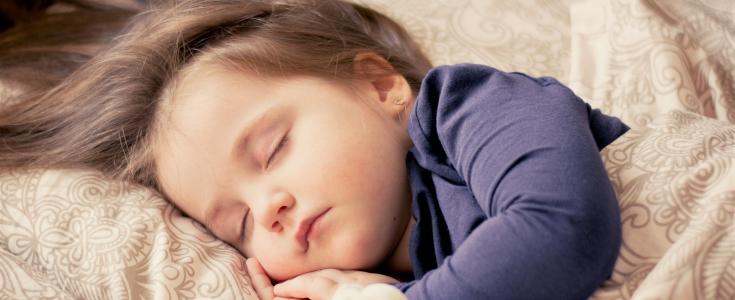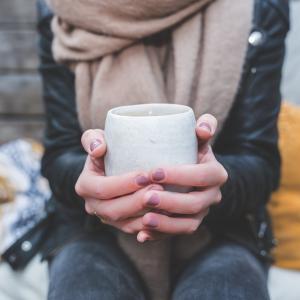Children With Difficulty Breathing While Sleeping Likely To Develop Behavioral Problems
Children with difficulty breathing in their sleep—evidenced by snoring, mouth-breathing, or failing to breathe at all for several seconds—are up to twice as likely to develop behavioral problems later on.
Researchers from Albert Einstein College of Medicine in New York and the University of Michigan studied data collected from over 11,000 English children born between April 1991 and December 1992. It was part of a larger, ongoing study. Parents of the children were asked to complete questionnaires about their children's breathing habits while asleep at 6, 18, 30, 42, 57, and 69 months of age. At ages 4 and 7 years, parents were asked about behavioral issues.
Forty-five percent of the children in the survey had no trouble breathing. Of the rest, the worst time for breathing problems was 30 months. Those with sleeping difficulty were 40 to 100 percent more likely to develop behavioral issues by age 7, including anxiety and depression, aggressiveness, and difficulty interacting with peers. The results were corrected for 15 other factors, including low birth weight and parental education.
Scientists are unsure of the causal link between sleep problems in toddlerhood and later behavioral effects. During early childhood, the brain experiences a great deal of growth which relies upon an abundance of oxygen, which could be less available to children with difficulty breathing. Another theory is that breathing problems interrupt the sleep cycle, and this disruption somehow hinders the restorative nature of sleep.
Of particular note is the correlation between declining numbers of tonsillectomies and the increase in behavioral issues. If having one's tonsils out reduces the odds of sleep-related breathing, it may provide a link to reducing—on average—the incidence of later childhood behavior disorders.
Source: Journal of Developmental and Behavioral Pediatrics
Photo: Pixabay






